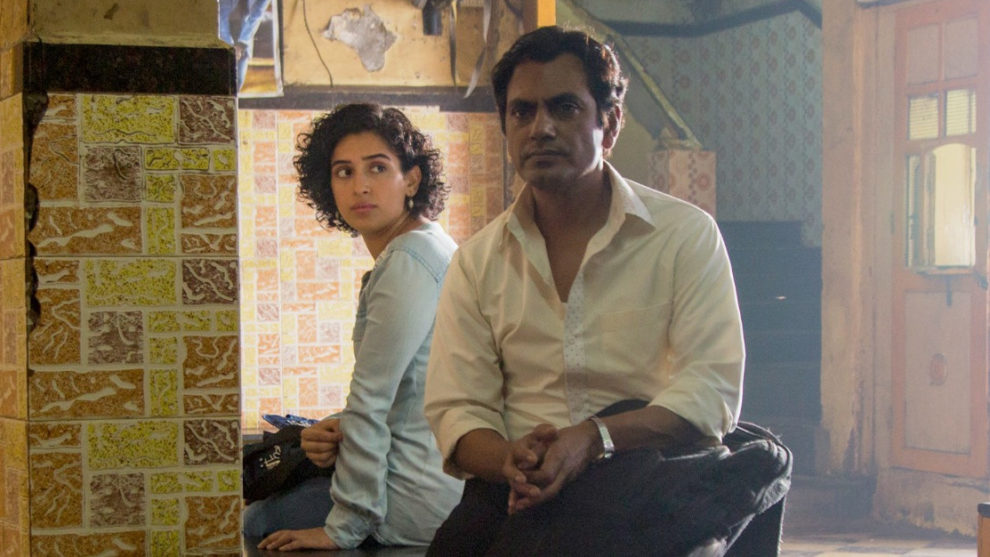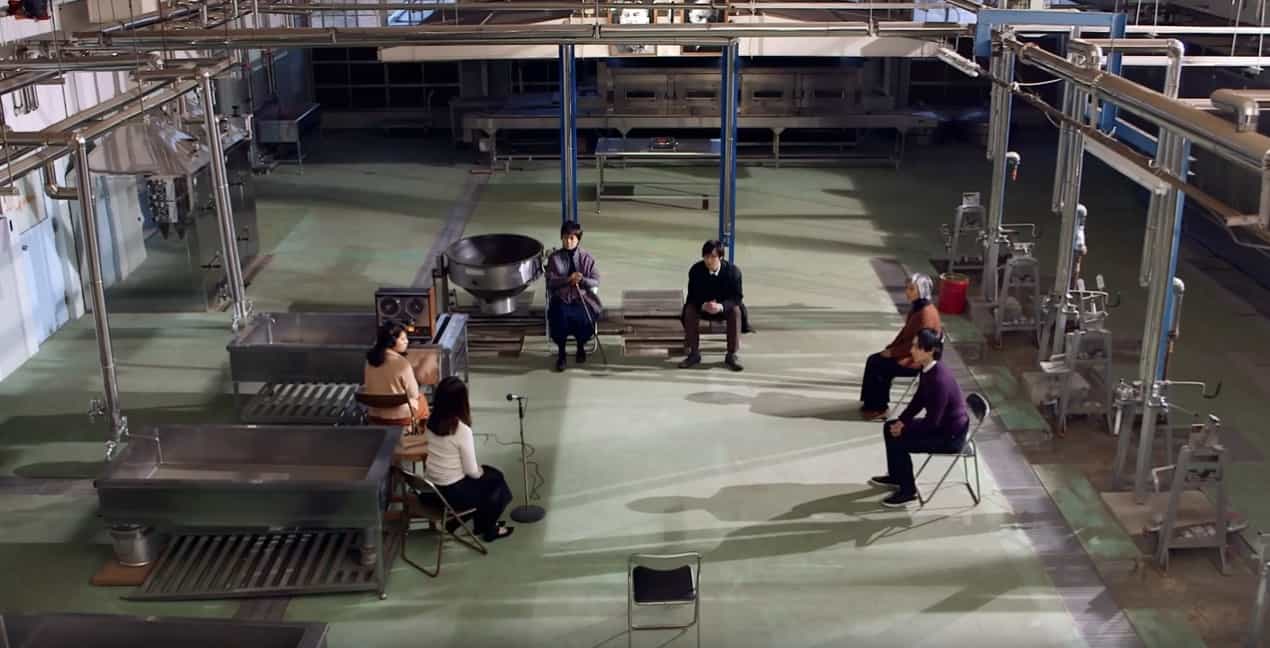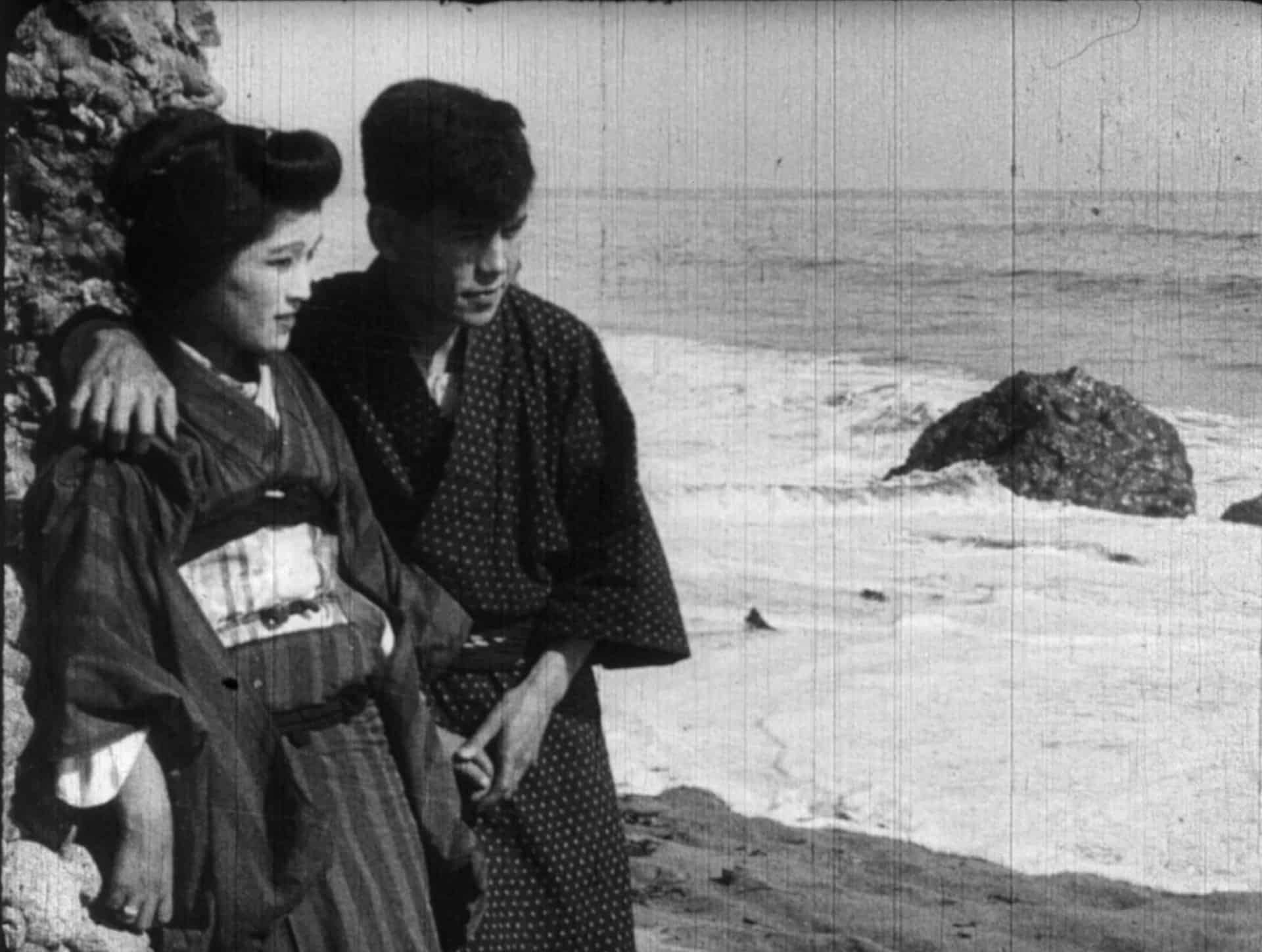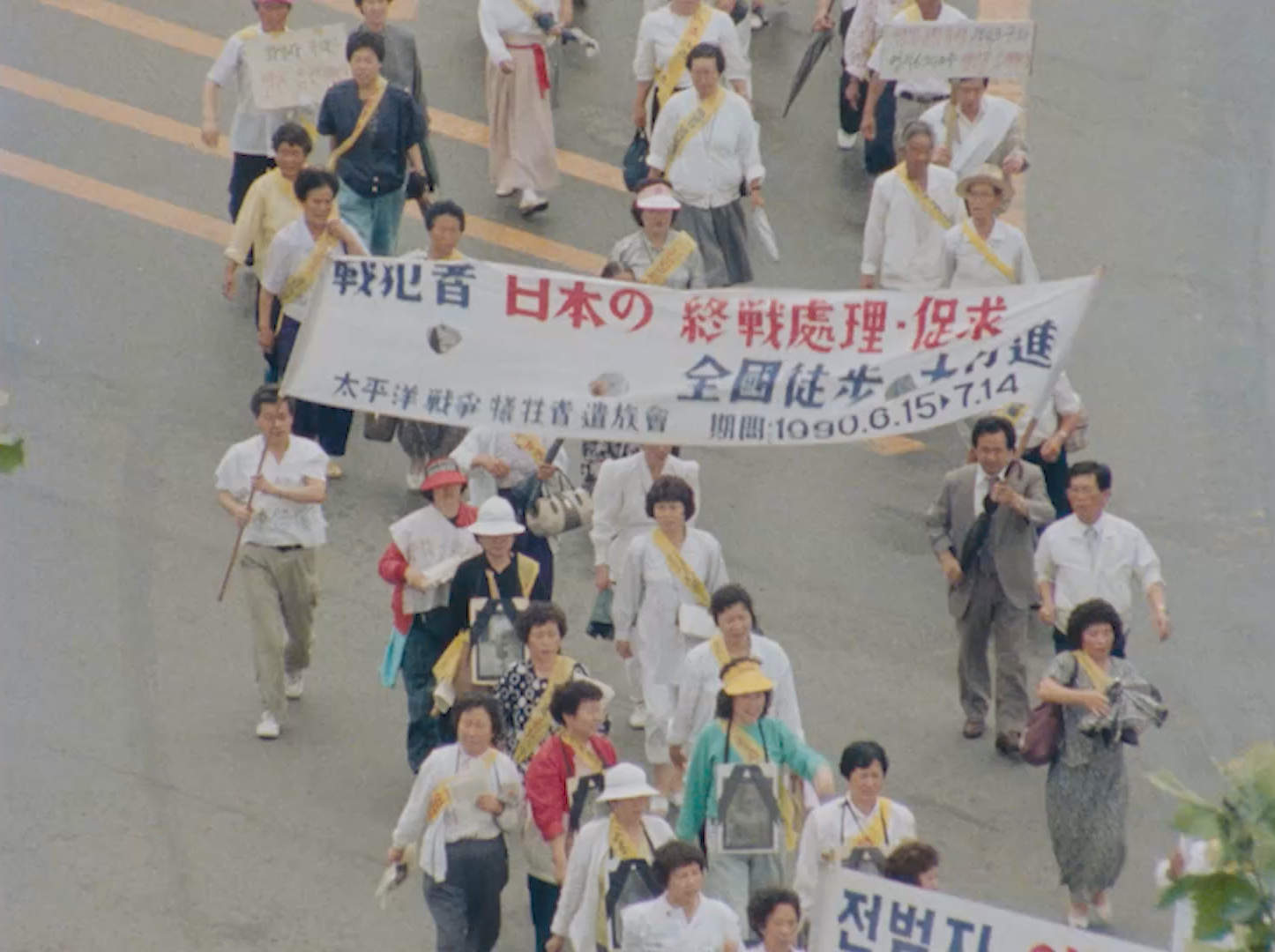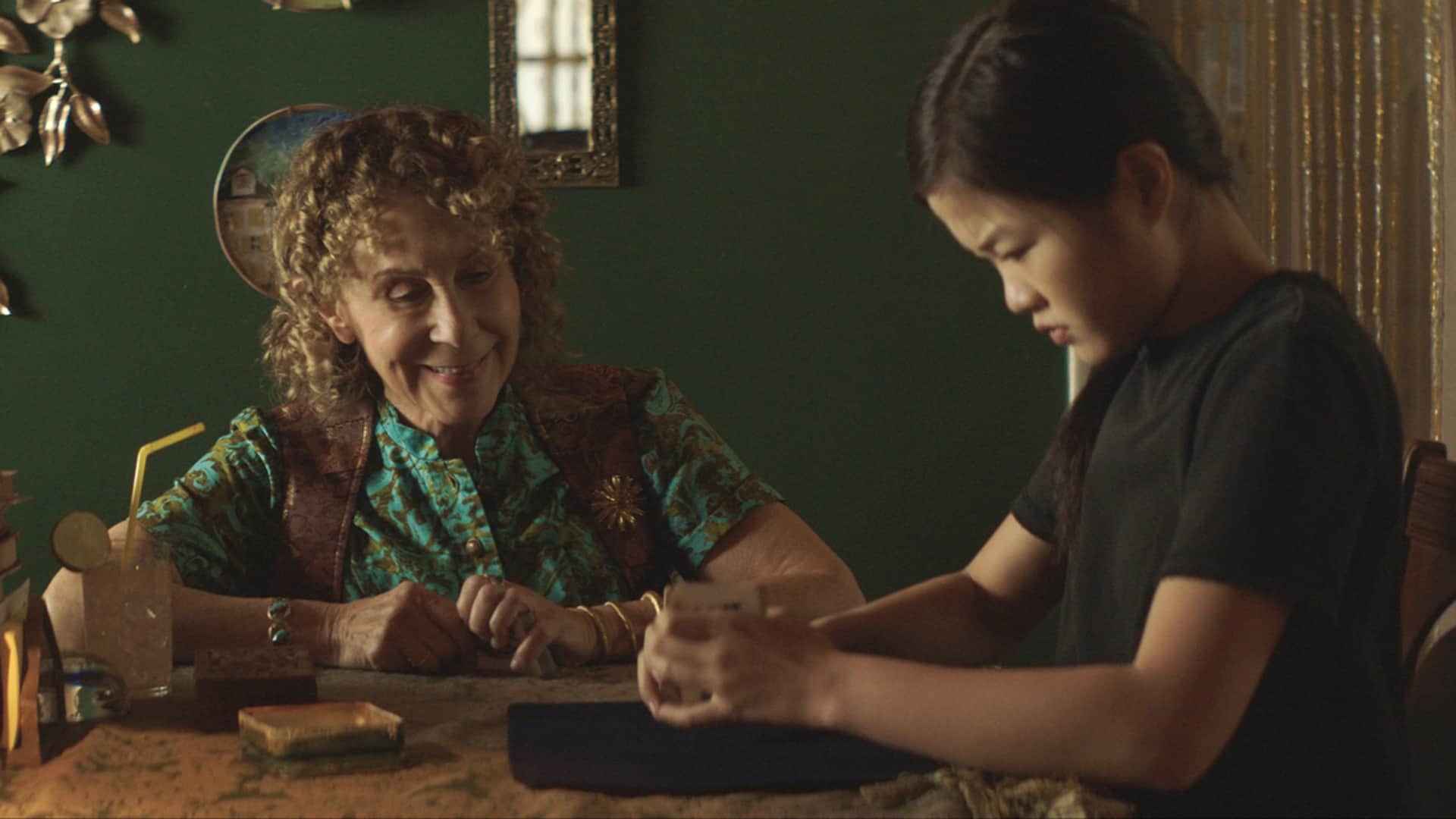After his two attempts at the international glory with English-language movies “The Sense of an Ending” (2014) and “Our Souls at Night” (2017), Ritesh Batra is back to the territory he is most familiar with, the heart-warming Indian romance he created with his feature debut “The Lunchbox” (2013) which became a huge festival hit. His newest film, “Photograph” (2019) walks pretty much the same ground, content-, execution-, and festival distribution-wise. After its world premiere at Sundance last year and European premiere at Berlinale, it went on an extended, seemingly never-ending festival tour, parallel with the wide cinema release. Better late than never, could be said for its screening at this year's online edition of Zagreb Film Festival and the review here.
Our man Rafi (Nawazuddin Siddiqui) is a forty-something street photographer whose pitch to the tourists at The Gateway of India is that the photograph is an all-senses memory experience: once they see the photograph, they will remember the sounds and feel the wind, which would all be gone in the case they turn his offer down. He has a brief meet-cute moment with our girl Miloni (Sanya Malhotra) who accepts his offer, but is called before he could print it, put it into the envelope and collect the money.
Rafi makes a modest living, but dreams big, and has no intention of returning to the farmer's life at his native village. The trouble is that he is pressured by his grandma Dadi (Farrukh Jaffar) to get married to the extent that she herself goes on the quest to find him a suitable bride. Having the extra photo of Miloni in his pocket, he decides to fend the granny off with a lie that he already has a girlfriend. The trouble is that Dadi wants to meet her in person, and, with the help of a gigantic billboard with a familiar face on it, he sets on the successful quest to find her in an 18-million-people city of Mumbai. It turns out that she is also pressured by her parents to make a career in accounting and to continue studies in the US, finding a suitable husband beforehand, so Rafi might seem like a way out for her, too.
What ensues is a gentle romantic (not necessarily “love”) story between the two, with a variety of class-, caste- and religion politics of Mumbai and India. The worlds of the two “lovers” could not be more apart. He is a poor Muslim from a rural area, she is a bourgeois urban Hindu girl. Their romance seems impossible right from the start, but their need to change their lives guided by the rigid structures is equally strong.
The treatment of the romance might be too soft and gentle, but that is Batra's style. “Photograph” seems naive, almost fairy-tale-like and the social differences aspect is also pretty tamed. One could argue that Batra has found the formula on how to present his country in a way that is universally understandable, somewhat simplified, but devoid of the unnecessary exoticism. It might seem a bit too safe, but it suits the purpose.
The same could be said for his functional directing that is pretty much by the book. He is at his best when it comes to the approach to the actors, which makes both of the leads shine in their roles, with just the right blend of the underplayed, gentle and largely silent expressiveness on their faces he captures in the plenty of close-ups. The character of Dadi is a much needed comic relief, and Jaffar plays her spot on, while the character of Miloni's professor played by Jim Sarbh serves to hint some darker undertones, like the abuse of power and status.
Batra's films are always beautiful to look at, perfectly designed (kudos to Shruti Gupte and Niharika Bhasin, who handled the production- and costume design, respectively) for the purpose of his inherent romanticism, and the execution here is just stellar, thanks to the camerawork by Tim Gillis and Ben Kutchins. John F. Lyons should also be commended for his smooth editing work, making “Photograph” a thoroughly beautiful, heart-warming viewing experience, despite being quite naive and predictable on the narrative level.


